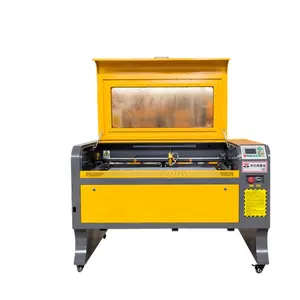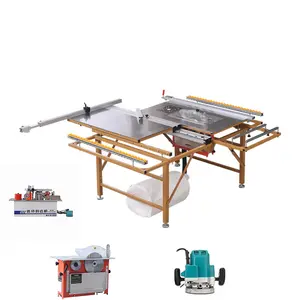Popular in your industry





































Top categories
About static cooling
Introduction to Static Cooling Equipment
Static cooling equipment is an essential component in various industries, including food and beverage, pharmaceuticals, and manufacturing. It plays a crucial role in preserving the quality and freshness of products by maintaining a consistent temperature within refrigeration units. The static cooling process involves the circulation of cold air to evenly distribute temperatures, ensuring uniform cooling throughout the storage space.
Types of Static Cooling Systems
There are several types of static cooling systems available in the market, each designed to cater to specific industry requirements. These include static cooling systems for refrigerators, freezers, and cold rooms. Static cooling freezers are commonly used in supermarkets and food processing facilities to store frozen products at optimal temperatures, while static cooling fridges are ideal for maintaining the freshness of perishable items in commercial kitchens and restaurants.
Technical Specifications and Features
Static cooling equipment is equipped with advanced features to enhance efficiency and performance. Key technical specifications to consider when selecting static cooling systems include the cooling capacity, temperature range, energy efficiency rating, and dimensions. Additionally, modern static cooling systems are designed with user-friendly controls, adjustable shelves, and rapid cooling functions to meet the diverse needs of businesses.
Advantages of Static Cooling Refrigeration
The use of static cooling refrigeration offers several advantages to businesses. One of the primary benefits is the uniform distribution of cold air, which helps prevent temperature fluctuations and ensures consistent cooling. This feature is particularly important for preserving the quality of sensitive products such as vaccines, medicines, and fresh produce. Furthermore, static cooling systems are known for their energy efficiency, resulting in cost savings for businesses in the long run.
Choosing the Right Static Cooling System
When selecting a static cooling system for your business, it is essential to consider factors such as the storage capacity, temperature requirements, and space constraints. Assessing the specific needs of your industry will help determine the most suitable static cooling solution. Additionally, consulting with industry experts and comparing different models based on technical specifications can aid in making an informed decision.
Use Scenarios of Static Cooling Equipment
Static cooling equipment is versatile and can be utilized in various scenarios across different industries. In the food and beverage sector, static cooling refrigerators are used to store perishable items such as dairy products, meats, and beverages at optimal temperatures. In pharmaceutical settings, static cooling freezers play a critical role in preserving the efficacy of medications and vaccines. Understanding the specific use scenarios of static cooling equipment is essential for maximizing its benefits.
Maintenance of Static Cooling Systems
Proper maintenance is key to ensuring the longevity and efficiency of static cooling systems. Regular cleaning of condenser coils, checking and replacing refrigerant levels, and inspecting door seals are essential maintenance tasks to prevent breakdowns and extend the lifespan of the equipment. Creating a maintenance schedule and partnering with reputable service providers for routine inspections can help businesses avoid costly repairs and downtime.
Conclusion
In conclusion, static cooling equipment plays a vital role in maintaining the quality and integrity of products in various industries. Understanding the technical specifications, advantages, and maintenance requirements of static cooling systems is essential for businesses looking to invest in reliable refrigeration solutions. By selecting the right static cooling system and adhering to proper maintenance practices, businesses can optimize efficiency, reduce energy costs, and ensure the longevity of their refrigeration equipment.


























